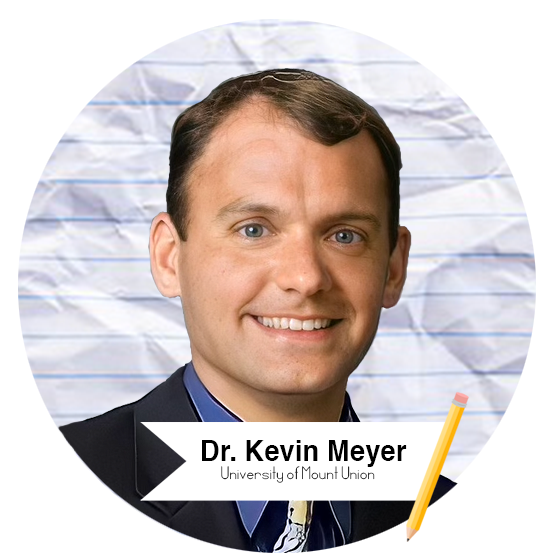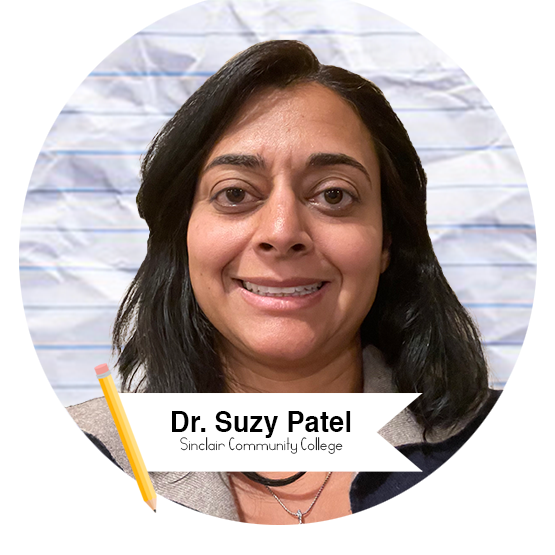Mason High School administration to rethink the concept of final exams

Alisha Soni | The Chronicle
Mason High School is re-thinking the concept of final exams.
Even though it was hinted at for weeks, school leaders decided that the final exam schedule would be eliminated beginning this semester.
In some classes, students face highly weighted comprehensive tests during exam week that encompass material covered during the entire semester. Mason High School (MHS) Principal Bobby Dodd would like to see teachers make some changes that allow students to show what they have learned instead of seeing how they can score on a test at the conclusion of a semester. In order to accomplish this, he felt it was important to eliminate the stress of an exam week schedule.

Dodd said that the factors that led to the elimination of final exams had to do with increased absences from COVID-19 quarantines that took place throughout the 2021 fall semester, but also opened a door for the school to pursue their personalized learning rock that dominates curriculum throughout the school.
“There are many schools around the country that don’t have exams at the end of a semester or at the end of a year,” Dodd said. “And in those schools, students go on to get jobs, and are just as successful as students that go to schools that have traditional exams at the end of a semester.”
The elimination of the traditional final exam has been the cause of some consternation among some of the teachers in the school. Dodd said that he feels that exams or final “assessments” should be a way for students to show what they have learned in the class and that a final assessment should not necessarily be a traditional heavily weighted test but an opportunity for the student to use a variety of methods best suited to their style of learning to show what they have learned.

“Final exams should have to do with students collaborating and connecting and building networks,” Dodd said. “It should show how they’ve mastered the content–that’s what a good final assessment is.”
Honors Precalculus and Calculus teacher Nikki Harting believes that an assessment along the lines of a final may be the best option for her students, especially as most begin to prepare for college. With Harting’s subject content, she said she will continue to give some type of cumulative assessment.
“There is some weight to having some form of an exam at the end of the semester or the end of the year,” Harting said. “My position at the high school level is to be preparing students that want to go on to college. We need to have some type of assessment showing that the students have the knowledge over a longer period of time.”
Some seniors who have not taken exams in nearly two years are worried that by eliminating the final exam experience the school may be setting up college-bound students for a shock when they enter college. Even though the exam experience can be stressful, senior Priya Kaur said that she believes it is a necessary stress seniors need to go through in order to be more prepared for college.
“I think having a little bit of experience with final exams is good,” Kaur said. “It’d be a lot more stressful if you haven’t experienced that prior to college.”
MHS graduate Amaya Mix, a current Miami University freshman, has grown accustomed to the repetitive nature of their conventional lectures and tests that they face at college. Mix said that they feel as if Mason’s current final exam approach does not properly prepare students for college where exams play such a crucial role.
“Getting rid of final exams isn’t going to prepare you for the lecture and exam style in college,” Mix said. “Having exams in high school is a perfect way for someone to understand what college is really like.”
Sinclair Community College Anatomy and Physiology professor Suzy Patel is an advocate for final exams. Patel said that she views final exams as a good way to assess students’ knowledge and understanding of the concepts learned over the course of the class. Without any kind of exposure to finals, Patel said that she worries that students will find college to be even more overwhelming than it already is.
“Colleges haven’t really gone away from finals,” Patel said. “If you take [finals] in high school, you have a grasp of what it would be like in college. I know it’s a lot of stress and anxiety, but that’s what college is going to be like.”
Now a student at Miami University, Mix said that they view final exams as an opportunity for high school students to prepare for the reality of the college academic experience.
“It speaks volumes that I have never been a good test taker and I am advocating for a final exam,” Mix said. “I was happy when we didn’t have finals, but coming into college I wished I would have had finals because that’s what helped prepare me for college.”
Dr. Kevin Meyer, a Psychology Professor at the University of Mount Union in Alliance, Ohio feels that tests are meant to display a student’s ability to remember information and apply that knowledge in real world situations. Meyer believes a final assessment should be used to show that a student has gained knowledge and can apply it.
“People ask, ‘is college more high school, just harder?” Meyer said. “No. It could be, but in most of your classes, you get pushed to actually apply things and you really get away from this idea of just regurgitating everything I taught you.”
In one of Meyer’s critical thinking courses, students are assessed on their abilities to present an argument over a paranormal case that people find believable. Using the various types of psychological concepts and principles learned over his course, the students are evaluated on their ability to convince an audience of a certain belief or ideal relevant to a case, in place of a final exam.
“I think the best way to [test students] is to give them different ways to express what they’ve learned,” Meyer said. “I push students to be creative, [to] take the knowledge that they’ve learned this entire semester, and apply it somehow.”
With the many different paths that a student might follow, Dodd finds it suitable to re-adjust the final exam process at MHS. This allows finals to take a different form according to the teachers and test students’ skills and understanding as they prepare them for college.
“I never said that final exams cannot be useful and beneficial,” Dodd said. “Final exams [should have] to do with networking, collaborating, using different kinds of communication, soft skills, letting students have choice, and show what they’ve mastered.”
Illustrations by Alisha Verma
